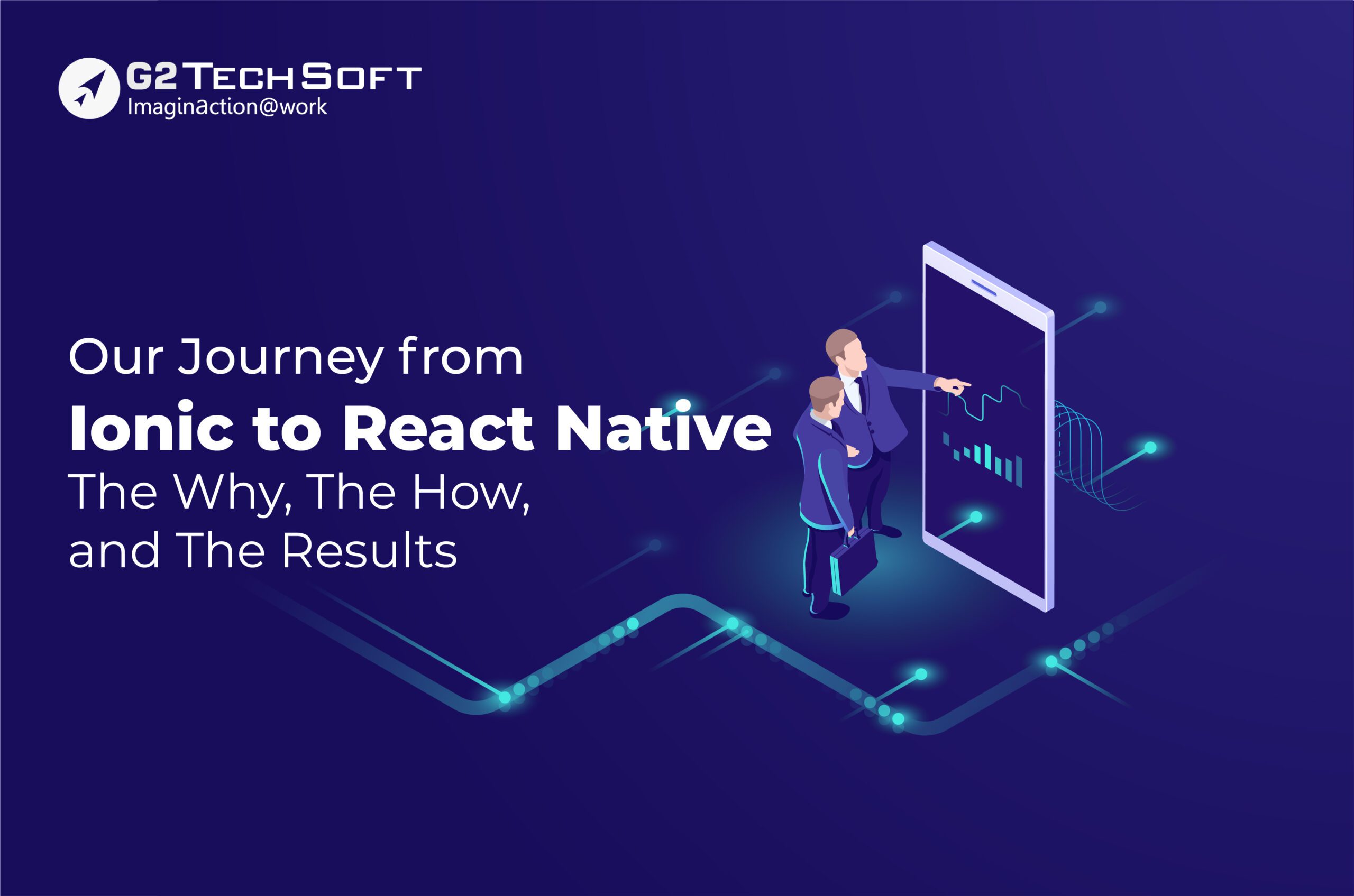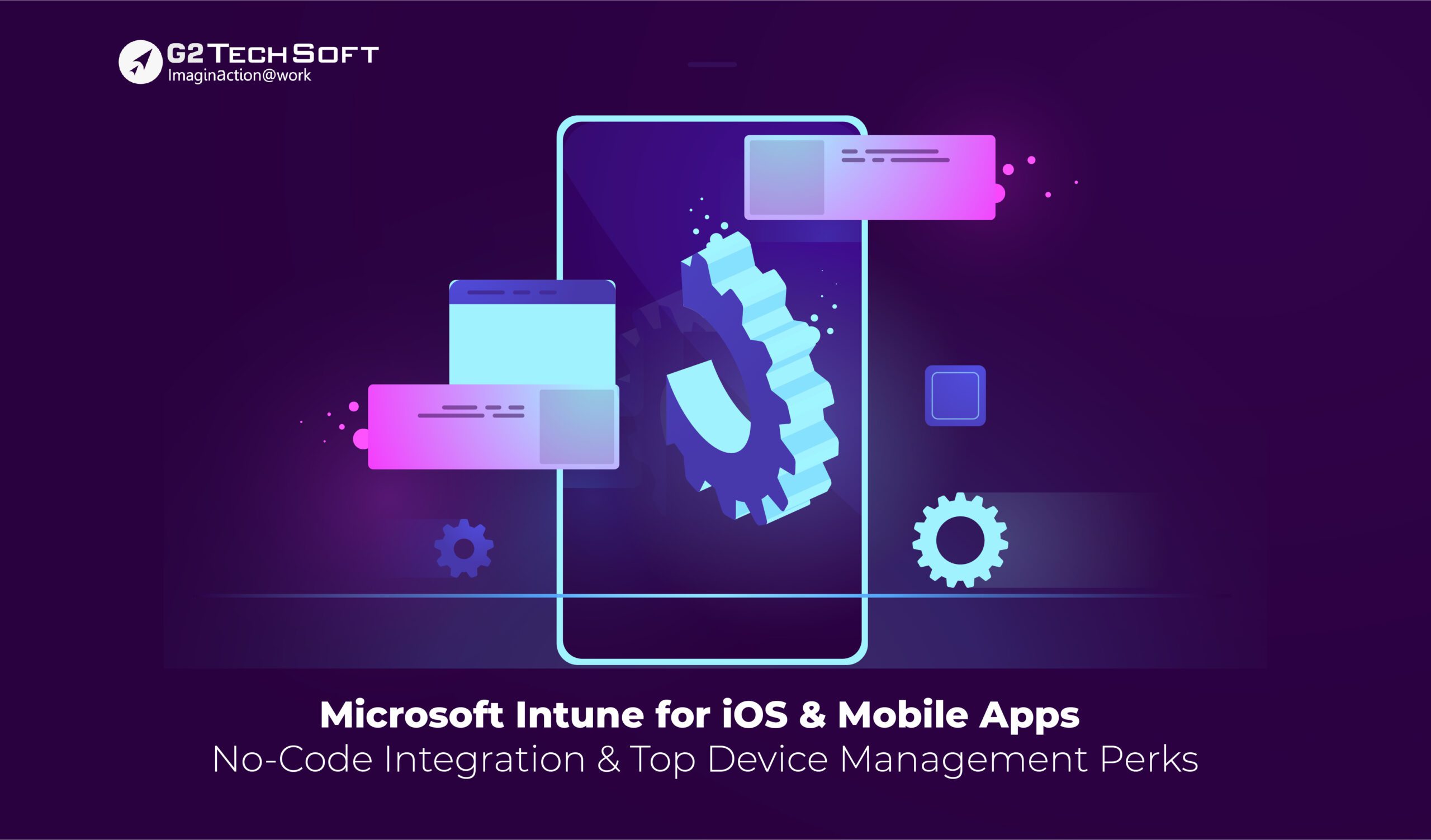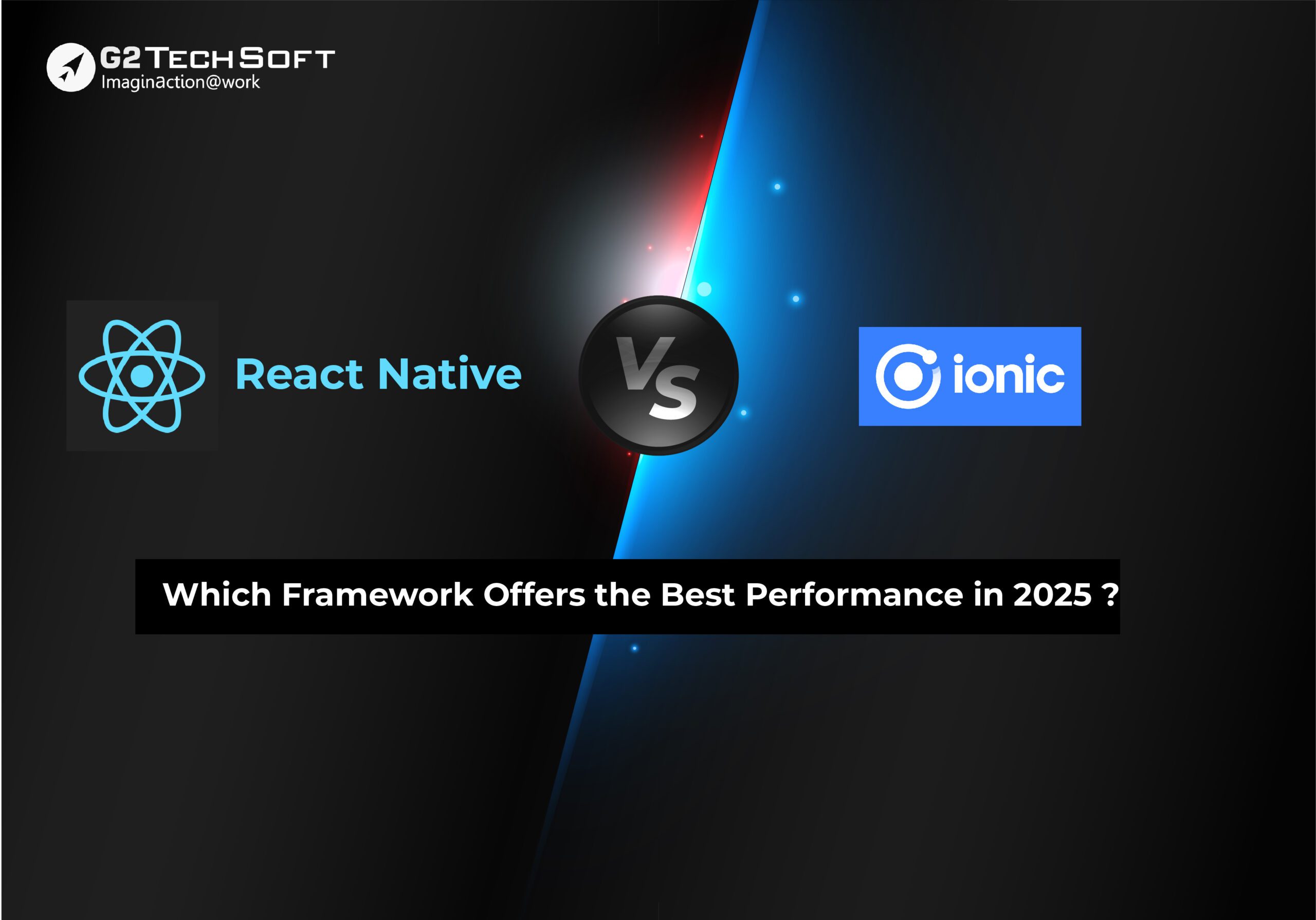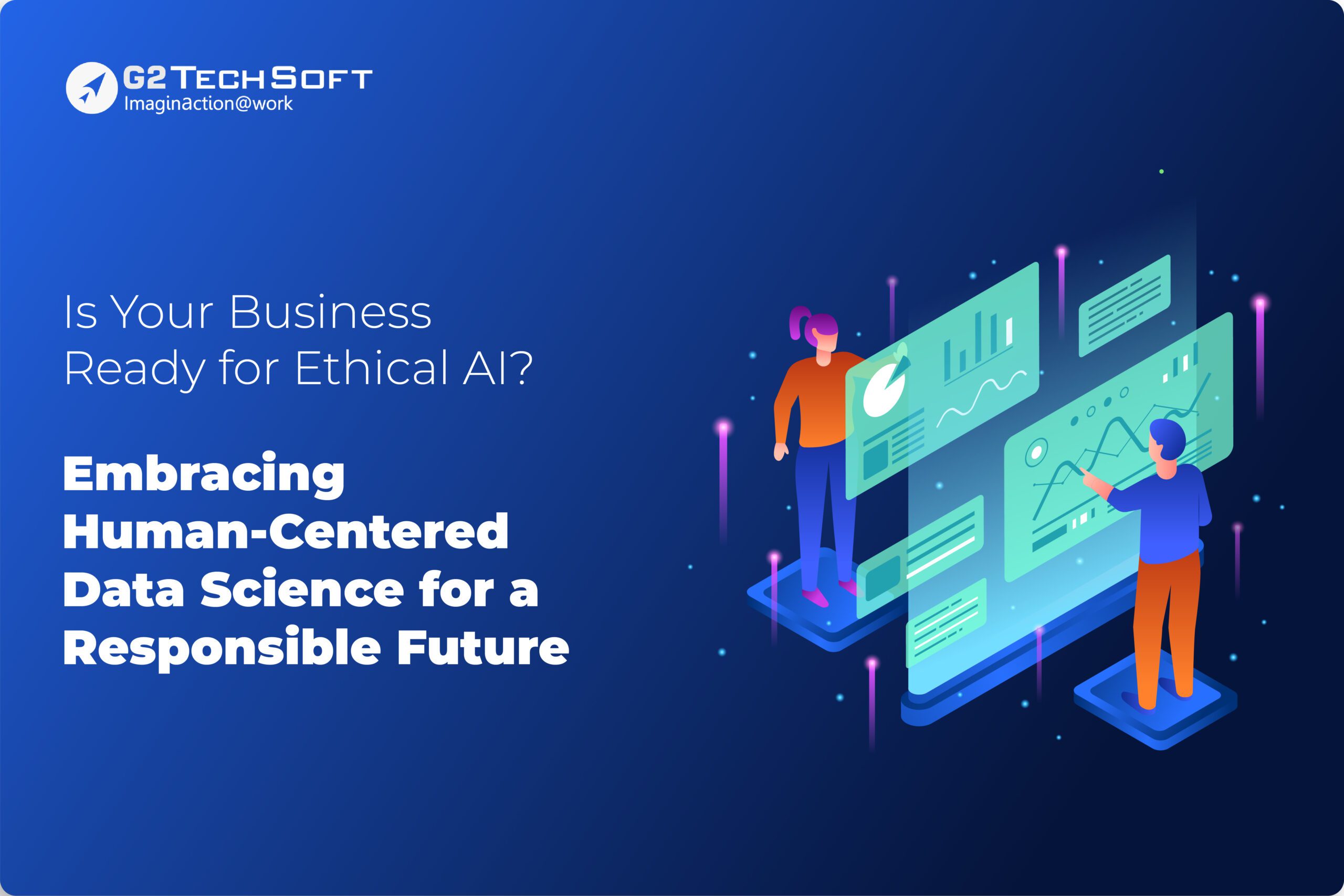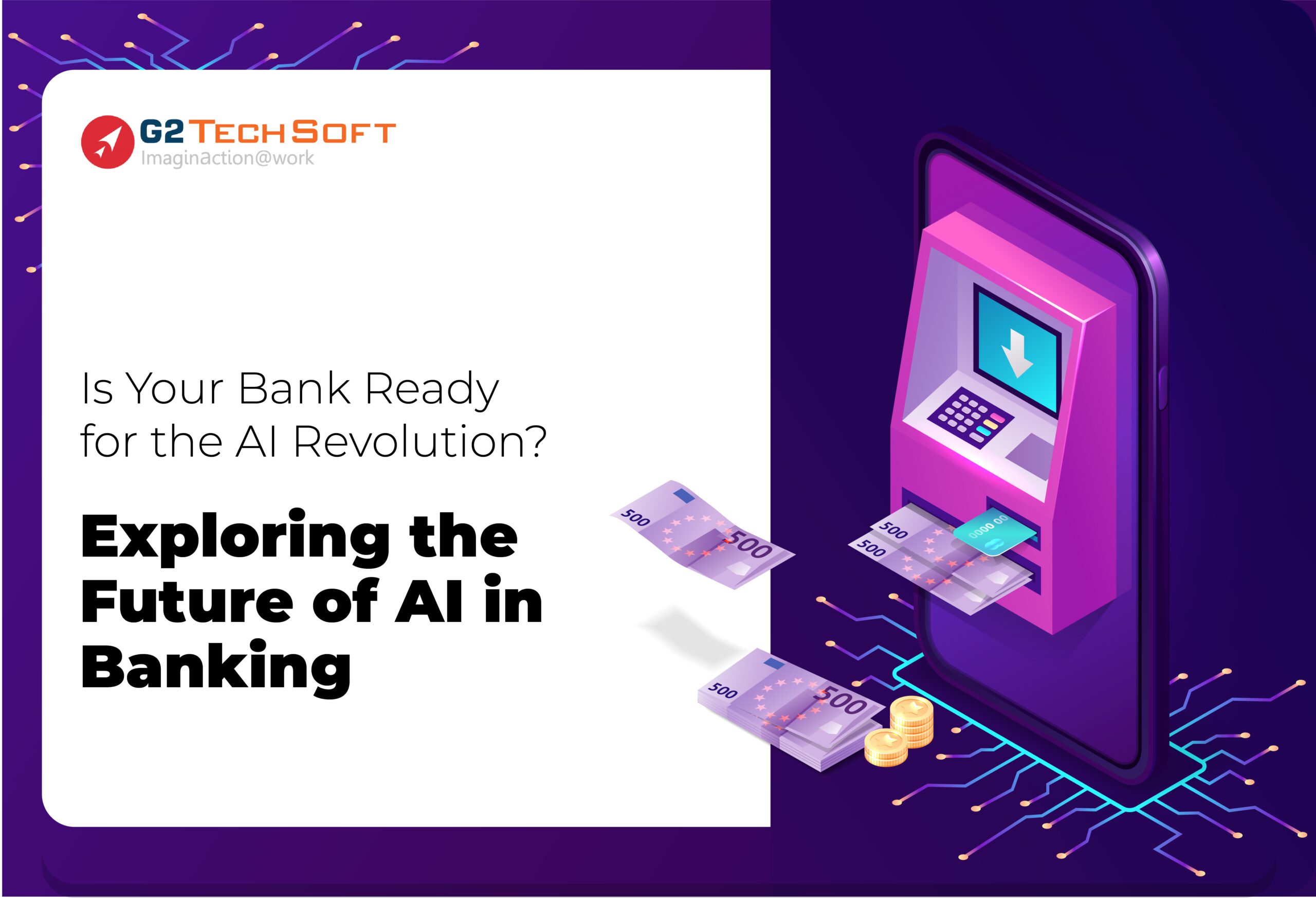
Transformative Insights On Boosting Software Test Accuracy With AI Advancements
The role of artificial intelligence (AI) in software testing is not to replace human testers but to act as a supportive tool, enhancing the effectiveness of their work. AI testing has the potential to decrease testing expenses by as much as 70% in comparison to manual testing, resulting in enhanced efficiency and significant cost savings.
Operating as an intelligent assistant, AI in software testing can detect potential issues early on with high accuracy. It will permit human testers to shift their focus to more complex challenges as AI takes care of monotonous and repetitive testing tasks. This significant shift will enable the rapid release of software without compromising quality, addressing a major challenge in today’s tech landscape.
The integration of AI in software testing will revolutionize the approach to ensuring the reliability and functionality of software. By employing AI algorithms and machine learning, this methodology automates testing tasks that traditionally require extensive manual effort. The predictive capabilities of AI in software testing are evident in its ability to analyze historical data, empower testers to concentrate on high-risk areas and enhance defect detection rates. This, in turn, improves the efficiency, coverage, and accuracy of the testing process.
Additionally, AI-driven tools contribute to the automation of various aspects, including the generation of test cases and the execution of diverse scenarios. This level of automation accelerates the testing process within the software development lifecycle while simultaneously minimizing the risk of human error.
AI-Powered Code Reviews On Software Excellence
AI code review stands as an automated process empowered by machine learning models, revolutionizing the examination of software code. By pinpointing issues and inefficiencies, while delivering actionable recommendations for improvement, this approach will introduce unparalleled efficiency into the development process. The following components shed light on the key aspects of AI code review.
Static Code Analysis:
Static code analysis involves scrutinizing code without execution, offering a profound examination of syntax errors, coding standards violations, and security vulnerabilities. Particularly advantageous for vast and intricate codebases, this component will ensure a thorough assessment before the code reaches execution.
Dynamic Code Analysis:
Contrasting static analysis, dynamic code analysis engages in code execution to uncover runtime errors and performance issues. This approach will provide a holistic understanding of the code’s behavior in real-world scenarios, enabling developers to address issues that may only arise during execution.
Rule-Based Systems:
Rule-based systems operate on predefined standards and best practices, ensuring code adherence to established guidelines. This component will enhance the consistency and reliability of the codebase by automating the enforcement of rules, contributing to the creation of software that aligns with industry standards.
Large Language Models (LLMs):
Large language models represent a cutting-edge addition to AI code review, delving deep into code structures to identify nuanced errors. These models will possess the capability to generate human-like comments, enhancing comprehension. Their versatility will extend across various programming languages, making them an invaluable asset in ensuring code quality.
Impacts Of AI On Quality Assurance:
In the realm of software testing, creating a test suite and generating test data are indispensable for evaluating software functionalities. However, traditional manual testing methods come with inherent challenges that can be addressed through the integration of artificial intelligence (AI).
The table below highlights the key differences between manual testing limitations and how AI serves as a transformative force in quality assurance.
| Manual Testing Limitations | AI Transformative Solutions |
| Human Error | Minimizing Human Error: AI ensures precise test execution, reducing the risk of human error such as oversight and fatigue. |
| Resource-Intensive | Efficiency And Cost Savings: AI accelerates testing processes, resulting in significant time and cost savings for more cost-effective testing. |
| Repetitive Tasks | Automating Repetitive Tasks: AI automates mundane testing tasks, freeing human testers to focus on more valuable activities. |
| Inadequate Test Coverage | Comprehensive Test Coverage: AI executes numerous test cases, covering diverse scenarios and edge cases, ensuring a thorough examination of the software. |
| Scalability Challenges | Enhanced Scalability: AI is adaptable and scalable, effectively managing the growing complexity and size of modern software projects. |
The manual testing process, while essential, often consumes a significant portion of testing cycles due to its time-intensive nature. Moreover, it is prone to human errors, which can lead to increased expenses and resource consumption.
As software complexity grows, maintaining a test suite becomes increasingly challenging. AI steps in to address these challenges by offering solutions that enhance efficiency, reduce errors, automate repetitive tasks, ensure comprehensive test coverage, and provide scalability for evolving software projects.
The integration of AI transforms the testing landscape, making it more adaptive, cost-effective, and capable of meeting the demands of modern software development.
How AI Can Be Key Benefits In Software Testing
Enhance Test Coverage And Efficiency:
Traditional testing methods often struggle to cover all scenarios during software development. AI, using machine learning algorithms, can automatically generate extensive test cases, including uncommon and edge scenarios, reducing the risk of undetected critical issues. This technology precisely will replicate test cases, minimizing false positives and negatives in defect identification.
Reduce Manual Effort And Accelerate Testing Cycles:
AI-powered tools automate time-consuming tasks such as creating test cases, preparing test data, and updating test scripts. This automation will boost productivity and allow testers to focus on complex and exploratory tasks where human judgment is crucial. AI in software testing determines relevant tests based on code changes, providing quicker developer feedback and significantly reducing the software development timeline.
Improved Accuracy In Defect Detection:
Traditional testing methods may miss subtle defects, especially in large codebases. AI, with its advanced algorithms, excels at identifying hard-to-detect issues by analyzing historical data and current metrics. This predictive capability allows testers to focus on areas most likely to have defects. AI-driven tools continuously learn from previous cycles, adapting to evolving software complexities and maintaining high-quality standards.
Boost User Experience:
AI-driven testing tools simulate real-world user scenarios and interactions, providing insights into how users experience software. It will include testing under various conditions and on different devices, ensuring optimal performance in all user environments. Additionally, AI identifies usability issues like complex navigation or unresponsive elements, enhancing user-friendly and intuitive software applications and delivering a satisfying end-user experience.
Getting Started With AI-Driven Testing: Your Essential Guide
Assessing Organizational Readiness:
Embarking on the journey of AI-driven testing demands a thorough evaluation of organizational readiness. This includes scrutinizing existing infrastructure, processes, and skill sets within the organization. By conducting this assessment, organizations can identify potential challenges, address gaps, and ensure a seamless integration of AI-driven testing services. The goal is to lay a robust foundation that maximizes the benefits derived from the precision and efficiency of AI-driven testing.
Choosing The Right Tools And Providers:
Critical to the success of AI-driven testing is the careful selection of tools and service providers. Organizations should prioritize tools that align with their specific needs, ensuring compatibility and scalability within their existing frameworks. Additionally, assessing the track record of potential service providers becomes imperative. Choosing a vendor with a proven history of delivering reliable AI-driven testing solutions instils confidence in the effectiveness and trustworthiness of the selected tools.
Implementing AI-Driven Testing:
The integration of AI-driven testing into the software development lifecycle necessitates a well-defined strategy. Collaboration among development, testing, and operations teams is paramount for a smooth transition. This collaborative approach ensures that AI-driven testing services are effectively utilized at every stage. From identifying test scenarios to interpreting results, seamless coordination among teams ensures the optimization of AI-driven testing benefits. With a strategic implementation plan, organizations can harness the power of AI to enhance testing efficiency and precision throughout the development lifecycle.
Conclusion:
In a landscape where software dependability correlates with business prosperity and user contentment, AI-driven testing services stand out as a revolutionary influence. These services harness the capabilities of artificial intelligence and machine learning, elevating testing efficiency, precision, and coverage. Industries spanning healthcare, finance, automotive, and entertainment are experiencing the transformative impact of AI-driven testing on both software reliability and user satisfaction.
Looking ahead, the adoption of AI-driven testing services is poised for continued growth, ushering in a new era of software testing that reshapes how organizations ensure the trustworthiness of their software applications. The directive is evident: Embrace AI-driven testing services to unleash unparalleled software reliability and propel success in contemporary enterprises. For AI in the software testing process, trust G2 TechSoft for effective QA strategies.
